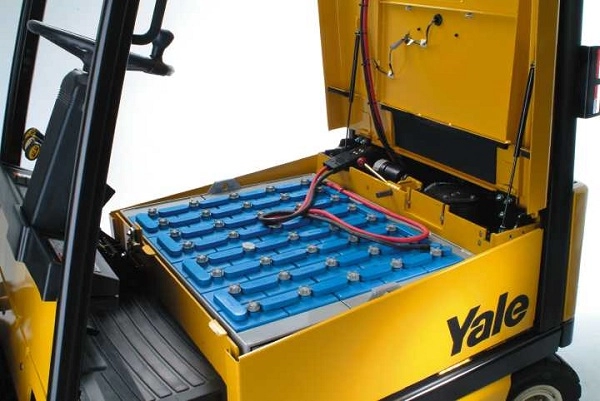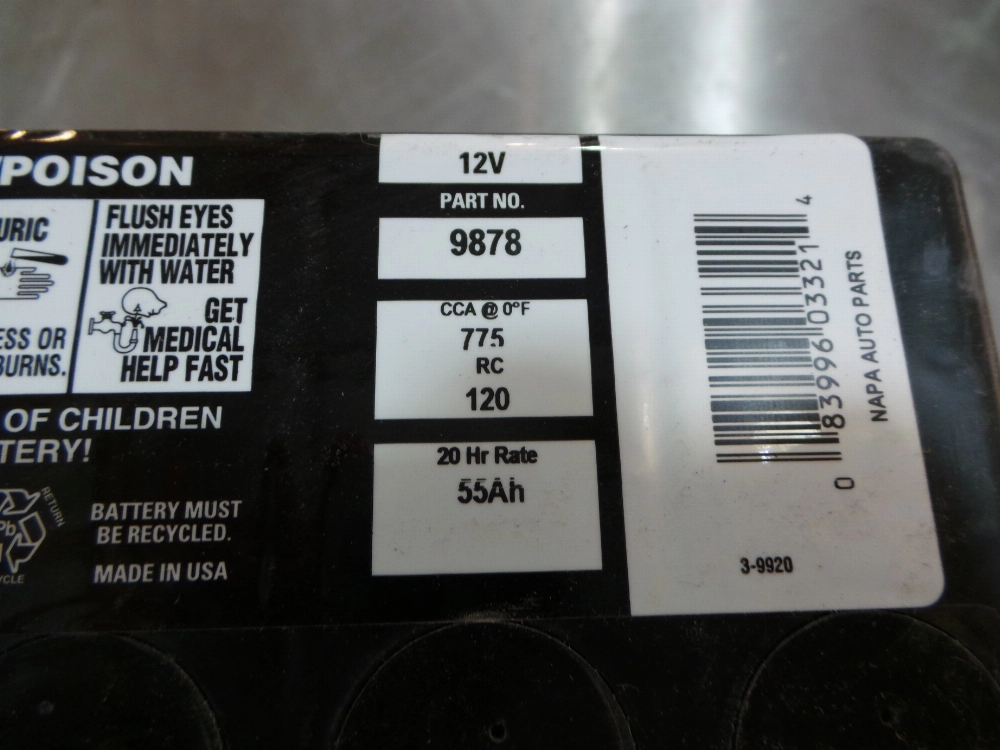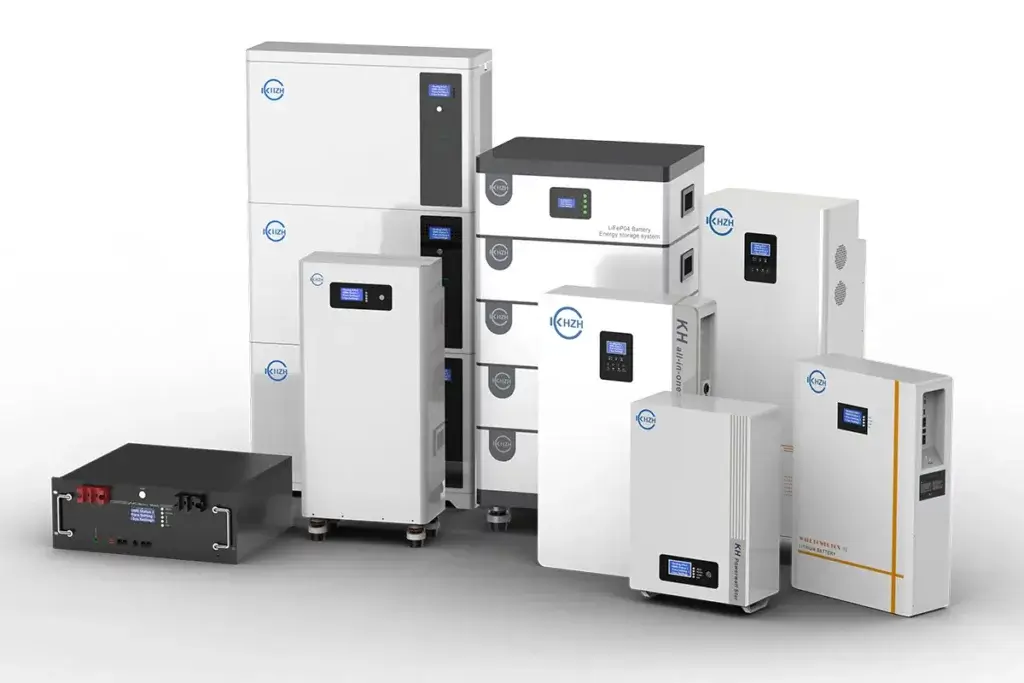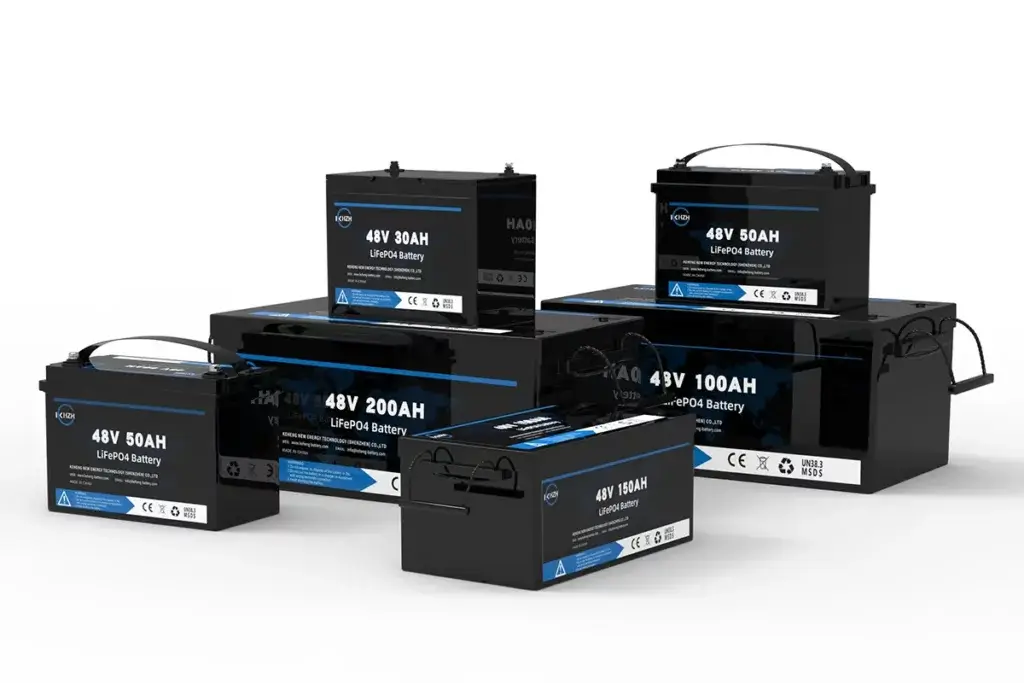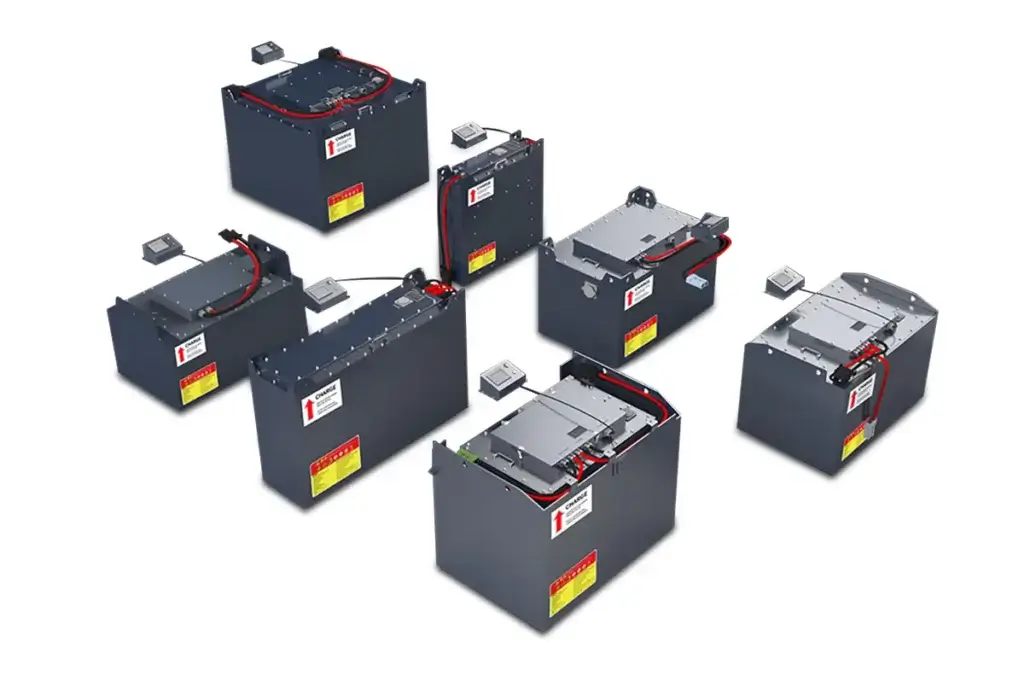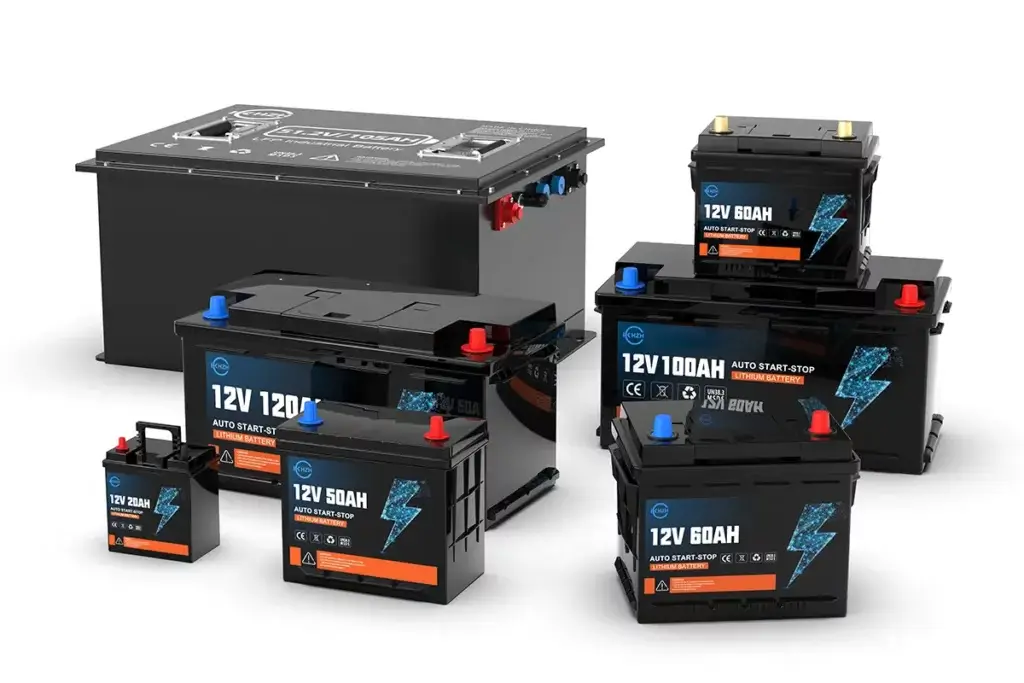Industrial vs. Consumer Batteries: Understanding the Differences
When it comes to selecting the right battery for a specific application, understanding the differences between industrial and regular batteries is crucial. In this comprehensive guide, we will explore the definitions, types, and key differences of both battery types. By the end of this article, you will clearly understand which battery type is best suited for your specific needs.
Part 1: Industrial Batteries
Definition of Industrial Batteries
Industrial batteries are large, heavy-duty power sources designed for demanding manufacturing, warehousing, and logistics applications. These batteries are specifically engineered to withstand high-intensity usage and extreme operating conditions. They are commonly used in backup power systems, forklifts, locomotives, and renewable energy storage systems.
Types of Industrial Batteries
- Lead-Acid Batteries: The most common type of industrial battery, lead-acid batteries utilize lead plates and sulfuric acid to generate electricity. They are economical and durable but require regular maintenance.
- Lithium-Ion Batteries: Lithium-ion batteries are gaining popularity due to their high energy density and longer lifespan compared to lead-acid batteries. They are lighter and require less maintenance, but have a higher upfront cost.
- Nickel-Cadmium Batteries: Known for their reliability and ability to operate in extreme temperatures, nickel-cadmium batteries are often used in environments with significant temperature fluctuations, such as refrigerated facilities.
- Nickel-Iron Batteries: Designed for long lifespans, these batteries can withstand overcharging and deep discharging without damage. While less common, they are highly durable and reliable.
- Sodium-Sulfur Batteries: Offering high energy density and the ability to operate in high-temperature environments, sodium-sulfur batteries are currently being researched for industrial applications. They remain experimental for many industries.
Part 2: Regular Batteries
Definition of Regular Batteries
Consumer batteries, also known as regular batteries, are smaller power sources commonly found in everyday devices such as remote controls, flashlights, toys, and portable electronics. These batteries are designed for household or personal use and come in various shapes and sizes to suit different device requirements.
Types of Regular Batteries
- Alkaline Batteries: Alkaline batteries are the most widely used type of regular battery, employing manganese dioxide and zinc as electrodes, along with an alkaline electrolyte. They are affordable and have a long shelf life.
- Zinc-Carbon Batteries: Having a lower capacity and lifespan than alkaline batteries, these older batteries are now used less frequently. However, they can still be found in some low-power devices.
- Lithium Batteries: Known for their lightweight design and high energy density, lithium batteries are ideal for devices requiring long-lasting power, such as digital cameras and watches. While pricier, they offer superior performance. For more details, check out our Lithium vs Alkaline Batteries article.
- Rechargeable Batteries: These batteries can be used multiple times by recharging. They come in various chemistries, including nickel-metal hydride (NiMH) and lithium-ion (Li-ion), and are an environmentally friendly alternative to disposable batteries.
- Button Cell Batteries: Button cell batteries are small, round batteries commonly used in devices such as watches and calculators.
Industrial Batteries vs. Regular Batteries
Introduction
Batteries are essential power sources in both industrial and everyday consumer applications. Understanding the differences between industrial and regular batteries is crucial for selecting the battery best suited for specific needs.
Key Differences Between Industrial and Regular Batteries
1. Lifespan
Industrial batteries are designed to withstand frequent charge and discharge cycles, resulting in a longer lifespan compared to regular batteries. These batteries are built for high-demand applications, making them a durable choice in industrial use.
2. Durability
Industrial batteries are designed by manufacturers to withstand extreme conditions, such as high temperatures, vibrations, and shocks. This robust design ensures that industrial batteries operate reliably and consistently in harsh environments.
3. Cost
Industrial batteries typically have a higher upfront cost due to their larger size, higher capacity, and durable construction. While regular batteries have a lower initial cost, frequent replacements can lead to higher long-term expenses. Therefore, industrial batteries may be more cost-effective in certain applications when considering the total cost over time.
4. Rechargeability
Some industrial batteries are designed for repeated recharging, while others are intended for single-use applications, depending on the specific needs of the industrial equipment. Regular batteries are often disposable, but some types offer rechargeable options, such as lithium-ion and nickel-metal hydride batteries.
5. Environmental Impact
Industrial batteries, due to their larger size and complex chemical composition, can have a significant environmental impact. Proper disposal and recycling are crucial to reduce their environmental impact. Regular batteries, especially disposable ones, can contribute to environmental pollution if they are not disposed of properly. However, rechargeable batteries can offer a more environmentally friendly alternative by reducing the need for disposable options.
Industrial Battery vs. Regular Battery Comparison Chart
| Specification | 3.7V Lithium-Ion Battery | 12V Lead-Acid Battery |
|---|---|---|
| Voltage | 3.7V | 12V |
| Battery Chemistry | Lithium-Ion | Lead-Acid |
| Capacity | 3000mAh | 7Ah |
| Size | 18mm diameter, 65mm length | 151mm x 65mm x 94mm |
| Weight | 45 grams | 2.2 kg |
| Cycle Life | 500 cycles | 200-300 cycles |
| Operating Temperature | -20°C to 60°C | -20°C to 50°C |
| Applications | Portable electronics, drones, power banks | Automobiles, backup power, UPS |
In this comparison, the 3.7V Lithium-Ion Battery represents a typical regular battery, while the 12V Lead-Acid Battery is an industrial battery. The chart highlights the differences in their voltage, chemical composition, capacity, and other key specifications.
Conclusion
Understanding the differences between industrial and regular batteries is essential for selecting the appropriate power source. Industrial batteries offer greater power, durability, and reliability for demanding industrial applications. On the other hand, regular batteries are designed for everyday use, providing convenience and versatility for consumers. By considering factors such as power requirements, durability, and cost, individuals and industries can choose the battery that best suits their needs.
Related Tags
Battery Industry Content Writer
Portable Battery Charger vs. Power Bank: What’s the Difference?
A portable battery charger refers to any easily portable device that can charge electronic devices on the go, while a power bank specifically refers to a device that stores energy in a built-in battery to charge devices when a power source is unavailable.
The Ultimate Guide to Lithium-Ion Jump Starters
A lithium-ion jump starter is an essential item for automotive emergencies. This guide details how to safely use and maintain a lithium-ion jump starter and explains why it’s a worthwhile investment.
What is a Portable Battery Charger?
A portable battery charger is designed to provide power to devices on the move. This guide explains its definition, the materials it’s made of, and how it works to aid understanding.
How to Choose the Best Battery Pack for Your Needs: Capacity, Performance, and Related Factors
Choosing the right battery pack is crucial for reliability and optimal performance. This guide highlights important factors such as capacity, safety features, and other key considerations to help you choose.
